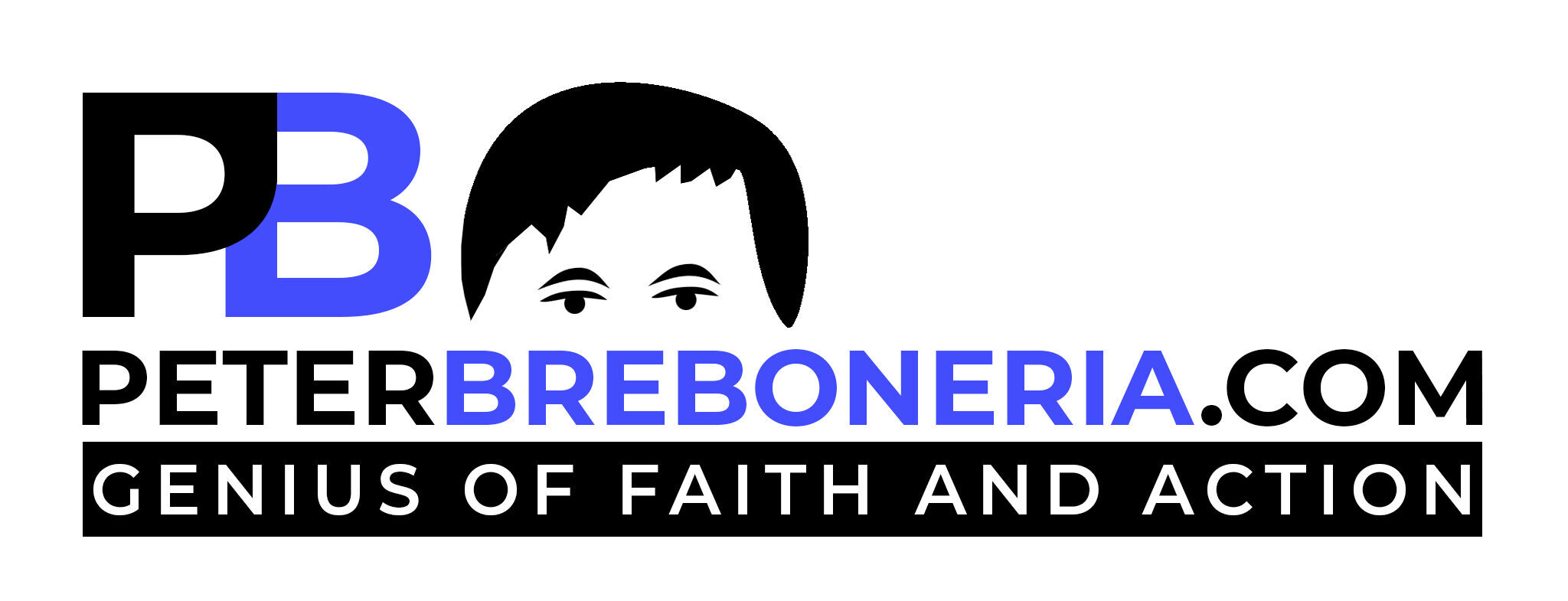Digital Humanities Class at UPOU
Digital Humanities Class at UPOU
Week 1 Activities (Feb 15-21,2021)
- Unit 1. Development of Digital Humanities
- Defining the digital humanities
Required forum. Open until 19 February 2021.
- A Short Guide to the Digital HumanitiesFile 71.9KB PDF document
- Humanities to DHFile 572.6KB PDF document
- What is Humanities Computing and What is NotFile 152.3KB PDF document
We will have occasional Zoom sessions to discuss some topics and to simply touch-base as a class. It will not happen weekly and you will not be required to attend nor turn on your camera when you join. There will be no recitation and you are not required to talk during the session. (Although I would love to hear your voice as it is quite lonely to be talking alone.)
All sessions will be recorded and recordings will be uploaded for everyone to access.
Please choose the most ideal time for you to meet online. You are allowed to choose more than 1 schedule.
- Zoom Times: Friday 6pm, Saturdays 9am, 12pm Tuesdays 12noon
b. History of digital humanities
Unit 1. Development of Digital Humanities
c. Varieties of digital humanities
Digital Humanities Projects
Below are links to different Digital Humanities (DH) Projects across the globe to demonstrate the diverse varieties of DH. As you explore the details of each project, answer the following questions
- What is the purpose of this project?
- Why was it conceptualised? What was/were the driving force/s?
- What is/are its contribution/s to its related field?
- Under which field or discipline does it belong? Are there more than one disciplines involved?
Note: Some of these sites will take a while to load. They contain a lot of images and dynamic content.
- Neural NeighborsURL
- Digital Bridges: (In)Visible Archives & Public RepertoiresURL
- Digital Intermedia Collaborative PlatformURL
- Mapping the Republic of LettersURL
- On the Origin of Species: The Preservation of Favoured TracesURL
- Visualizing Oral HistoriesURL
- Internet ArchiveURL
- Girls’ Day OutURL
- Beyond ImitationURL
- Digital GizaURL
- The Victorian WebURL
- Rome RebornURL
· Unit 2. Digital Humanities Methods and Genres
a. Digital publishing and archiving
Sample digital publishing and archiving projects
Unit 2. Digital Humanities Methods and Genres
b. Audio/visual projects
- Sample audio/visual projects
- Radio Nouspace: Sound, Radio, Digital HumanitiesURL
The author describes curating sound(s) in a radio context and how this practice prompts creative Digital Humanities research, scholarship, and presentation.
Musicmap attempts to provide the ultimate genealogy of popular music genres, including their relations and history. It is the result of more than seven years of research with over 200 listed sources and cross examination of many other visual genealogies.
The Sonic Dictionary is a growing collection of more than 800 audio recordings created by university students. Our mission is to enhance the vocabulary of sonic experience.
Filming Revolution is a meta-documentary about documentary and independent filmmaking in Egypt since the revolution, bringing together the collective wisdom and creative strategies of media-makers in Egypt, before during and after the revolution. The ideology behind Film Revolution is to invite viewers to engage with Egyptian filmmakers, artists, activists and archivists, talking about their work and their ideas about how (and whether) to make films in the time of revolution.
Week 6: March 22-28, 2021
Unit 2. Digital Humanities Methods and Genres
c. Digital visualization, modelling and mapping
- Digital visualization as a scholarly activityFile
- History and Practice of Info VisualizationFile
- The beauty of data visualizationURL
David McCandless turns complex data sets, like worldwide military spending, media buzz, and Facebook status updates, into beautiful, simple diagrams that tease out unseen patterns and connections. Good design, he suggests, is the best way to navigate information glut — and it may just change the way we see the world.
As part of an ongoing exhibition series with the Hyundai Card Design Library in Seoul, Korea, MoMA senior curator Paola Antonelli has organized three capsule exhibitions that highlight new frontiers in contemporary design and encourage international dialogue. The second exhibition, Data Visualization, opened in Seoul in July 2015.




